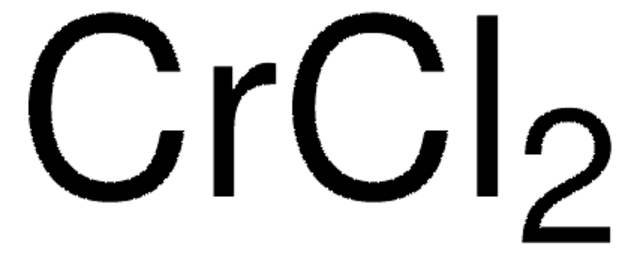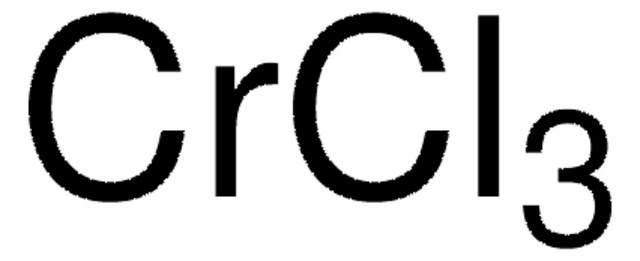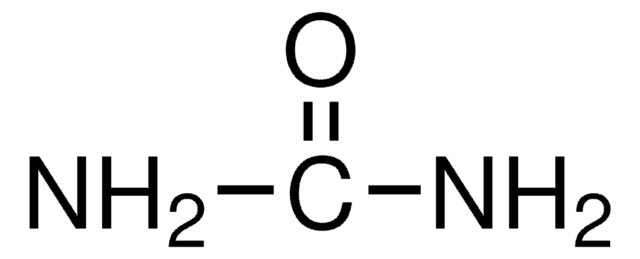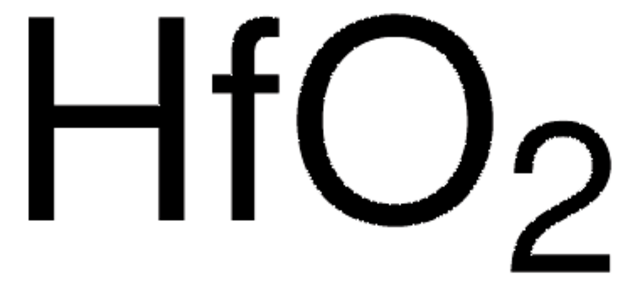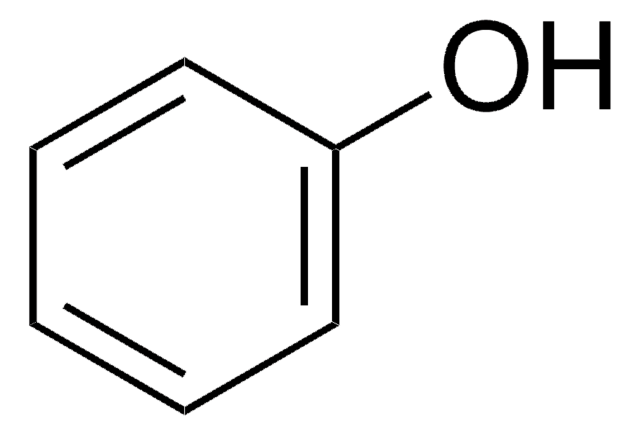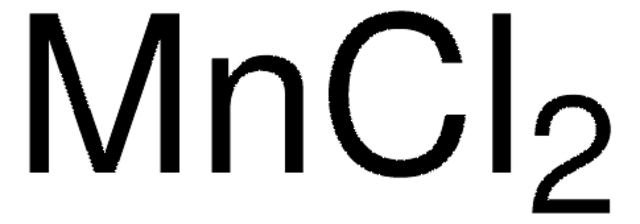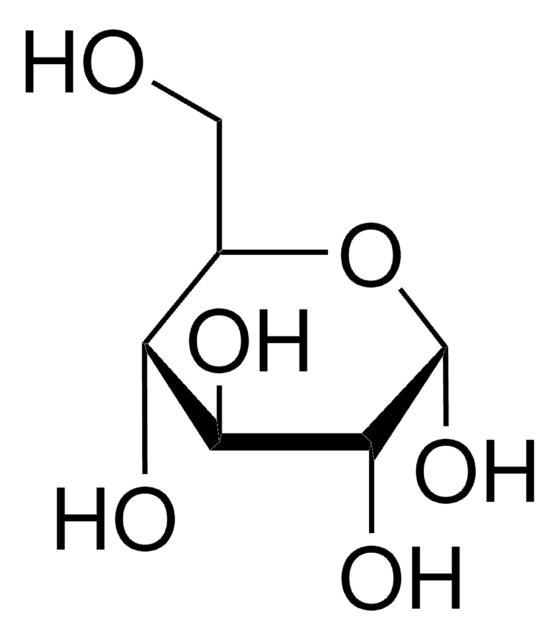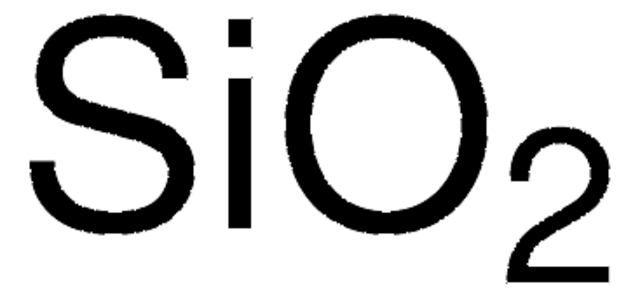762873
Chromium(II) chloride
AnhydroBeads™, −10 mesh, 99.99% trace metals basis
Synonym(s):
Chromium dichloride, Chromous chloride
About This Item
Recommended Products
product line
AnhydroBeads™
Quality Level
assay
99.99% trace metals basis
form
beads
impurities
≤150.0 ppm Trace Metal Analysis
particle size
−10 mesh
mp
824 °C (lit.)
density
2.9 g/mL at 25 °C (lit.)
SMILES string
Cl[Cr]Cl
InChI
1S/2ClH.Cr/h2*1H;/q;;+2/p-2
InChI key
XBWRJSSJWDOUSJ-UHFFFAOYSA-L
Looking for similar products? Visit Product Comparison Guide
Related Categories
Application
Anhydrous chromium chloride finds applications as catalysts, chromizing ferrous metals, steel, etc. The vapor-phase co-reductions with other metal halides by hydrogen results in finely divided intermetallics with applications as structural materials or compounds with useful thermoelectric, magnetic, and oxidation-resistance properties.
Chromium chloride powder is air and water sensitive. Beads have lower surface area and pour easily.
Legal Information
signalword
Warning
hcodes
pcodes
Hazard Classifications
Acute Tox. 4 Oral
wgk_germany
WGK 3
flash_point_f
Not applicable
flash_point_c
Not applicable
Certificates of Analysis (COA)
Search for Certificates of Analysis (COA) by entering the products Lot/Batch Number. Lot and Batch Numbers can be found on a product’s label following the words ‘Lot’ or ‘Batch’.
Already Own This Product?
Find documentation for the products that you have recently purchased in the Document Library.
Customers Also Viewed
Our team of scientists has experience in all areas of research including Life Science, Material Science, Chemical Synthesis, Chromatography, Analytical and many others.
Contact Technical Service